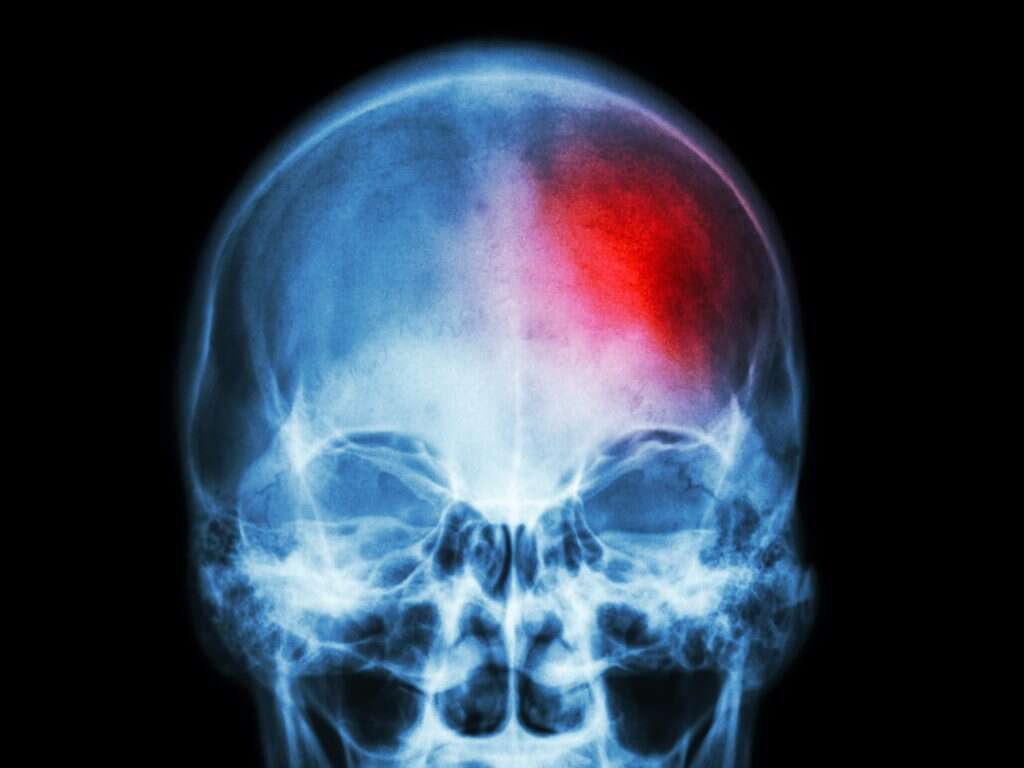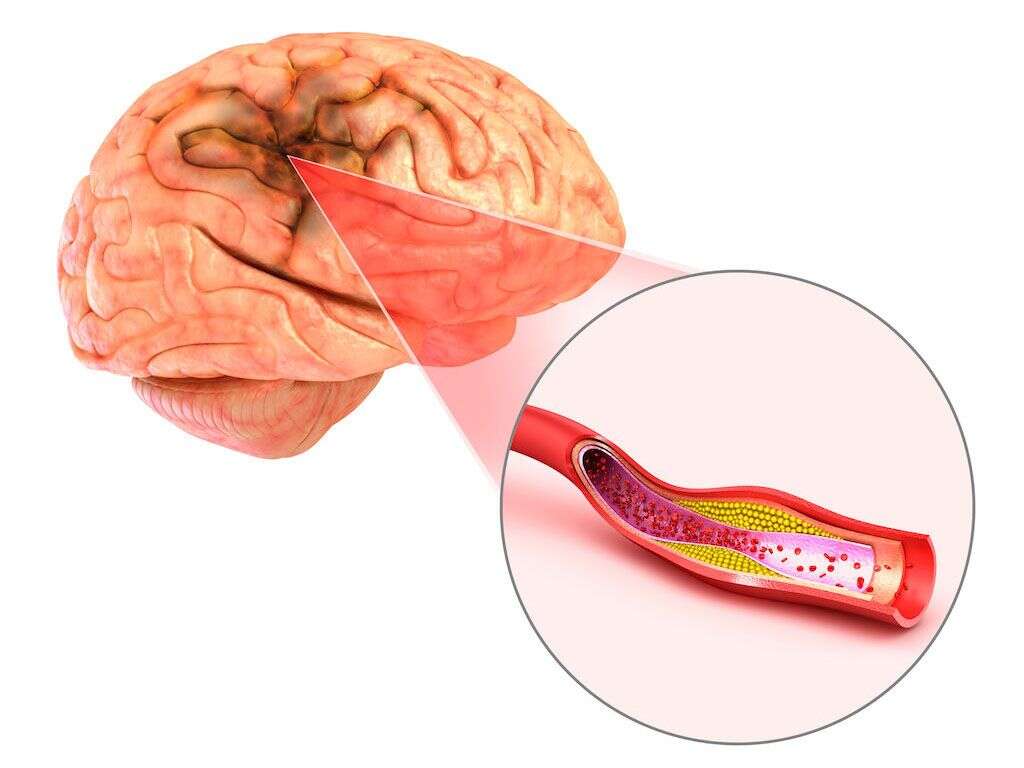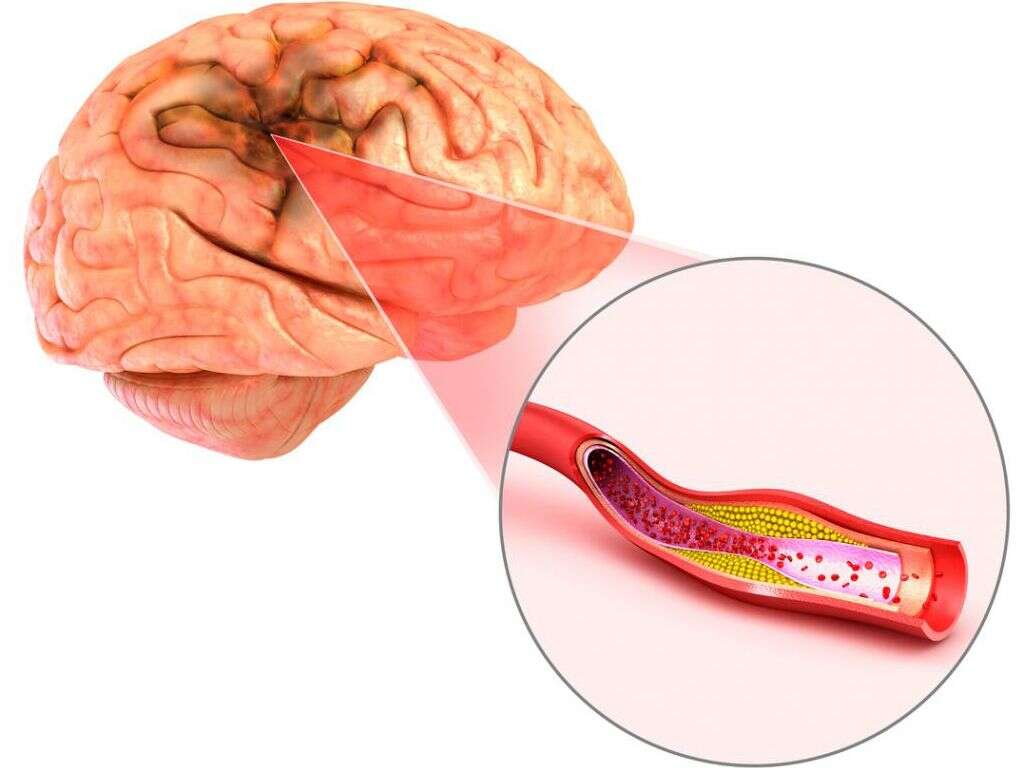10 Signs of a Stroke
Our brains are constantly busy and require a lot of oxygen and other nutrients to operate. This is supplied by veins and arteries but sometimes, whether due to a blockage or a hemorrhage, this supply of blood can be halted. This is known as a stroke and is a very serious situation.
One of the aspects of a stroke that makes them particularly dangerous is that they can go unnoticed until it is too late. The victim’s chances of surviving and making a recovery rise significantly, though, if they are taken to a hospital quickly; however, prognosis also depends on the kind of stroke and location of the brain. If you are able to identify the symptoms of a stroke, then you are in a better condition to recognise the problem and seek help.

Stroke Sign #1: Laboured Speech
Our brains are responsible for sending the messages that enable us to speak. When the brain is adversely affected, its ability to process speech is inhibited, leading to very laboured speaking. The victim might have slurred speech that sounds as though they are drunk, or maybe they will struggle with an uncharacteristic stutter. They can also struggle to form sentences as though they have forgotten even everyday words.
If you are with somebody that is experiencing difficulty in speaking for no apparent reason, you should seek emergency medical assistance straight away. It is not uncommon for stroke victims to recover their speech, at least partly, in the months following their stroke.

Stroke Sign #2: Facial Paralysis
Our faces have 43 separate muscles, all of which are operated by our brains. Whether we smile, frown or use any other facial expression, it is a result of our brains sending signals to those muscles according to our mood. During a stroke, though, the brain loses its ability to control these muscles and paralyses on one side of the face will occur.
Facial paralysis is among the most compelling indicators that a stroke has occurred. Ask the person to smile and, if they are unable to do so, call an ambulance immediately. Even if a stroke is not the cause, then there is still very likely to be something seriously wrong. It is not uncommon for stroke victims to recover the use of their face muscles but facial paralysis permanent in many cases.

Stroke Sign #3: Difficulty Swallowing
Swallowing is something that comes instinctively to us. Even newborn babies will instinctively swallow, and we do so throughout our lives without even needing to think about it. For somebody that has just had a stroke, though, swallowing can suddenly become very a difficult thing to do.
With insufficient oxygen for the brain to operate effectively, its ability to control the muscles in the neck and mouth can be significantly impaired. It can become difficult to operate the tongue effectively and the whole process of swallowing suddenly becomes harder than it ever has been before. The victim may fully regain their ability to swallow as they recover, but not always.

Stroke Sign #4: Loss of Coordination
Balancing is a very complex process that requires a lot of constant work from the brain. We take it for granted, but even standing up straight is a complex procedure with hundreds of muscles constantly making adjustments. In the case of a stroke, even standing up straight can be all but impossible.
If somebody has fallen over for no particular reason, watch them closely to see how their coordination is. They could also have difficulty in holding objects without dropping them. If it appears as though it wasn’t just a genuine trip and they have lost coordination, call an ambulance.

Stroke Sign #5: Headaches
When the brain is undergoing a stroke, the victim will often experience a severe headache. A headache in itself could be caused by a huge variety of somewhat benign causes, meaning they are usually not a cause for alarm. The headache associated with a stroke, however, is noticeable in that it is particularly painful.
The headache from a stroke is often unbearable, possibly making it stand out as unusual. If somebody is suffering from a headache this severe then it would be wise to seek emergency medical attention. It is easy to dismiss a headache as a common and harmless affliction but doing so in severe cases can be fatal.

Stroke Sign #6: Difficulty Feeling Heat
Touch something hot or cold, and your brain will quickly let you know about it. It is a very effective safety system that helps prevent you from causing serious harm to yourself. In the case of a stroke, though, the brain may not be able to process the right signals, making it difficult for the victim to feel these sensations.
This is clearly very dangerous as it opens the victim up to the possibility of causing themselves real harm without even realising it. That, and it is an indication that there is something very wrong elsewhere. In the case of such symptoms, you should seek medical assistance as soon as possible both for the victim’s safety and for a diagnosis of an underlying problem.

Stroke Sign #7: Altered Vision
Our brains are instrumental in helping us to see the world around us. It takes information from the eyes and translates that into an image that helps us understand what is around us. If the part of the brain responsible for this is damaged, then the vision is likely to be affected. This is just what happens in many cases of a stroke.
The victim may experience blurred vision or double vision. Things may appear to be darker than normal and they might also completely lose vision in one eye. Should somebody suddenly lose vision in this way then it is a clear indicator that something is wrong, and you should waste no time in getting them emergency medical assistance.

Stroke Sign #8: Weakness
Because the brain controls the muscle, the muscles are likely to be affected should the brain be damaged. This can lead to a sensation of weakness, as though you are barely able to move and even standing is a considerable effort. Should these symptoms arise suddenly, then there is a good chance that the person has just had a stroke.
If you are with somebody that has just experienced a sudden loss of strength then you should take it very seriously. It could be a symptom of various causes, including a stroke, and should be treated as a medical emergency. Physiotherapy will often help the victim to regain their strength partly, if not completely, as they recover.

Stroke Sign #9: Dizziness
Another big indicator that somebody has just suffered from a stroke is that they feel dizzy. They could also experience vertigo, which is the sensation that everything around them is spinning even though it is perfectly still. These symptoms have been reported in around half of all people that have suffered a stroke.
Dizziness and vertigo can range from being mildly unpleasant, to debilitating. They can also be symptoms of a number of causes some of which, such as a stroke, are potentially life-threatening. If somebody is experiencing dizziness or vertigo without explanation, then you really should treat their condition as an emergency.

Stroke Sign #10: Confusion
The brain is an incredibly complex organ, and we are still learning how it works. It contains trillions of synapses, all combining to help process our knowledge, our memory and our thoughts. When something goes wrong, though, things can become very confusing to us and even the simplest of tasks becomes difficult.
Confusion is one of the strongest indicators that somebody is suffering from a stroke. If they seem to be confused as to where they are and what they are doing, and perhaps having difficulty understanding even simple things, there may be a serious problem. Confusion can continue as the victim recovers, although many will recover clarity as their recovery continues.












